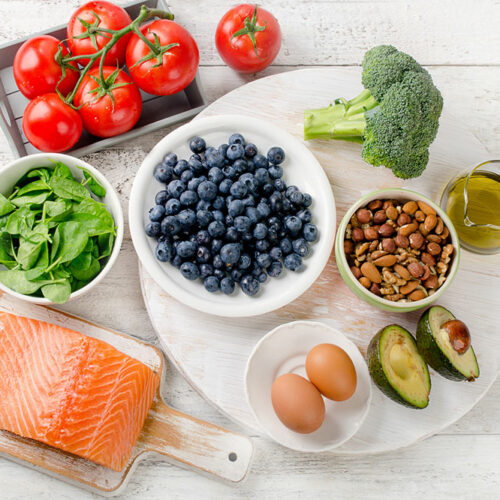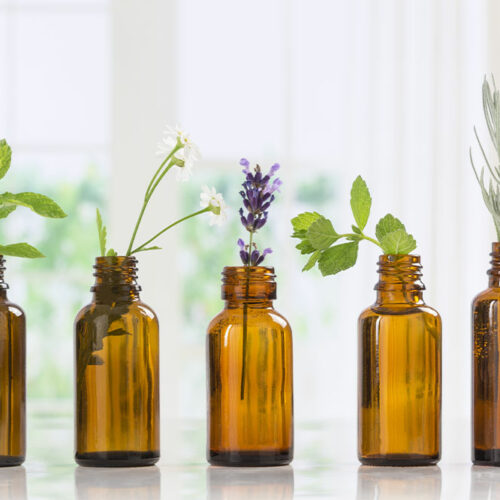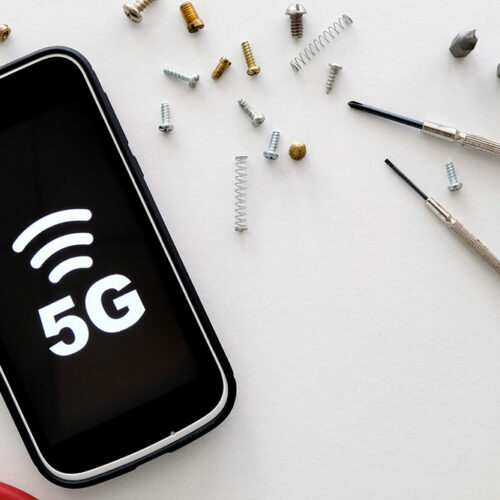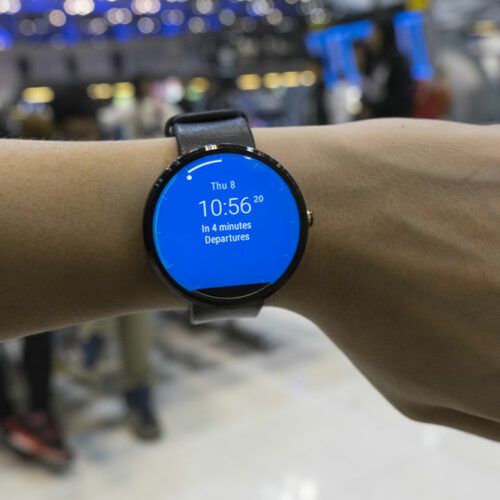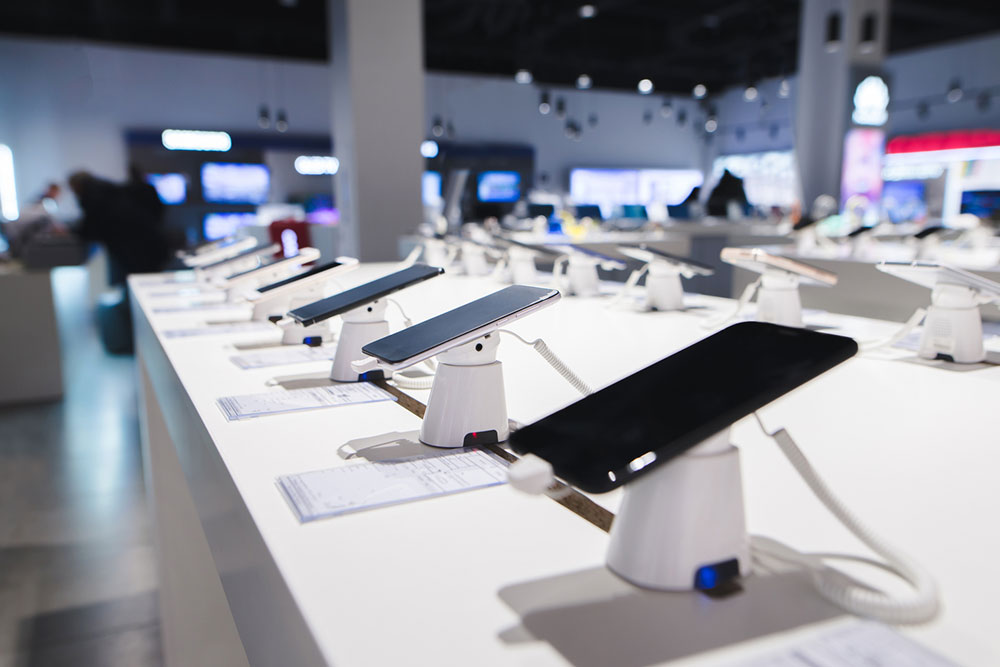Bladder health: Nutrition and products for incontinence
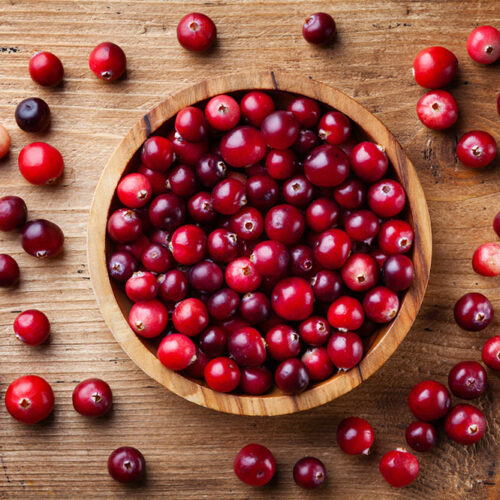
As the name suggests, bladder incontinence is a condition in which it becomes difficult for a person to hold their urine. Due to its embarrassing nature, many are affected emotionally and mentally and often find it difficult to be involved in outdoor activities, as they may want to use the restroom very often. Thankfully, some foods and products can help manage urinary incontinence symptoms. Let’s take a look at them. What to eat Vitamin C-rich foods According to a study published by the National Association for Continence, a moderate dosage of vitamin C received from less acidic foods helps manage bladder health. However, ensure that you are not overeating eating highly acidic or citrus fruits, as they can cause you to frequent the bathroom. Consider fruits and vegetables like pears or blueberries, broccoli, Brussels sprouts, or white potatoes. Magnesium-rich foods Foods like bananas, dark leafy greens, quinoa, black beans, nuts, and avocado are all excellent sources of magnesium and are essential for those dealing with bladder health. According to a study published by the National Association for Continence, magnesium helps reduce muscle spasms caused in the bladder that make one want to urinate. Foods rich in this mineral should be consumed more to manage overactive bladder symptoms. Water It may seem ironic, but water is essential to keep the body from staying dehydrated, especially when suffering from bladder control issues.
